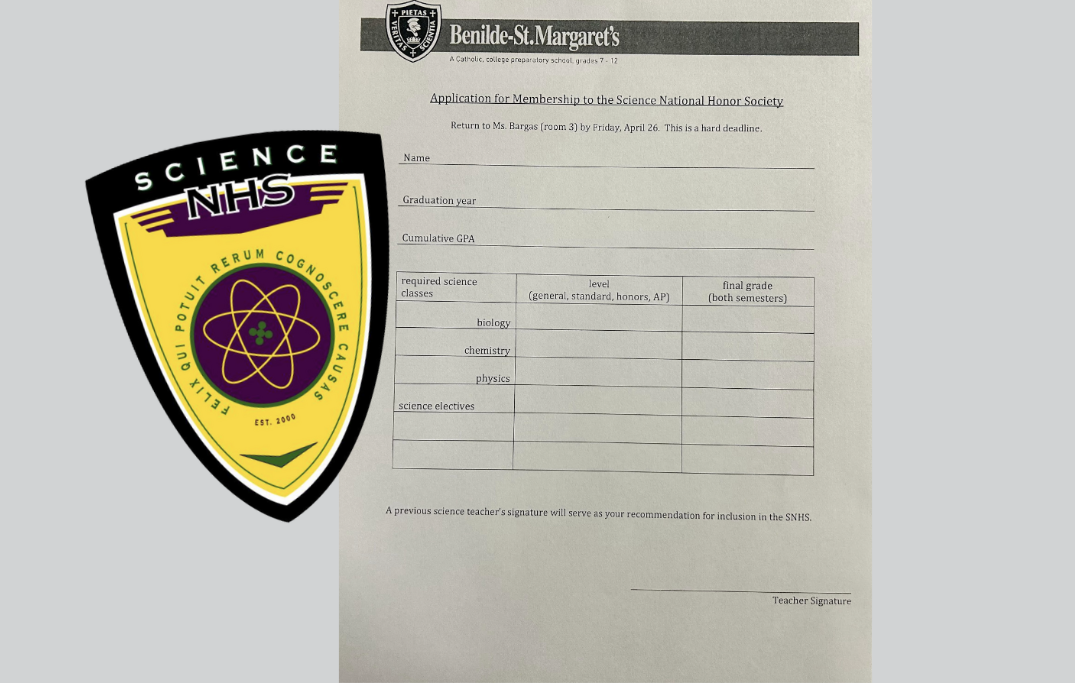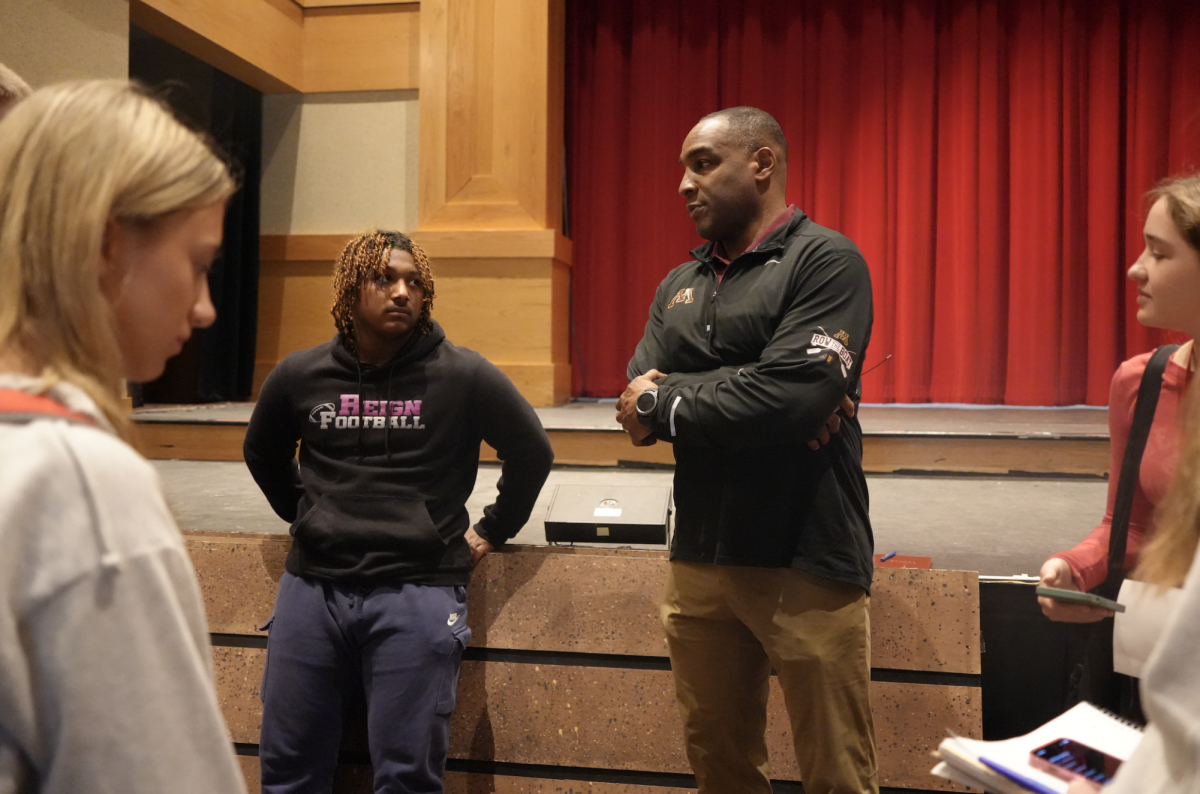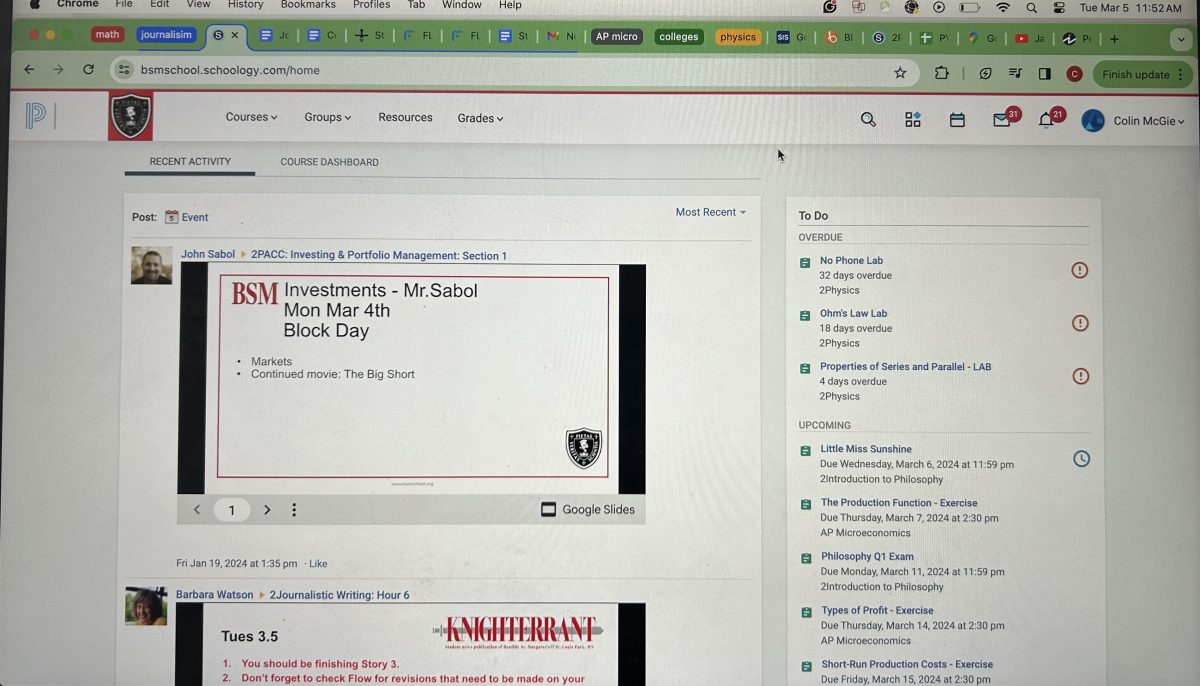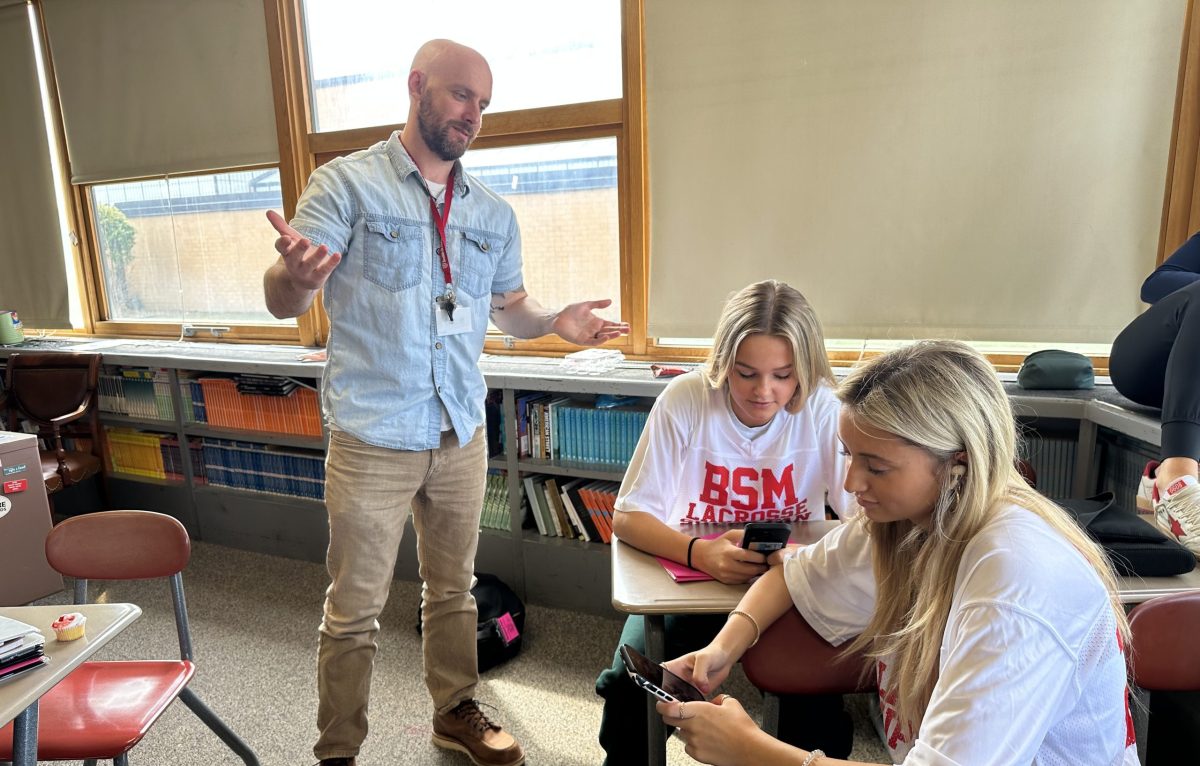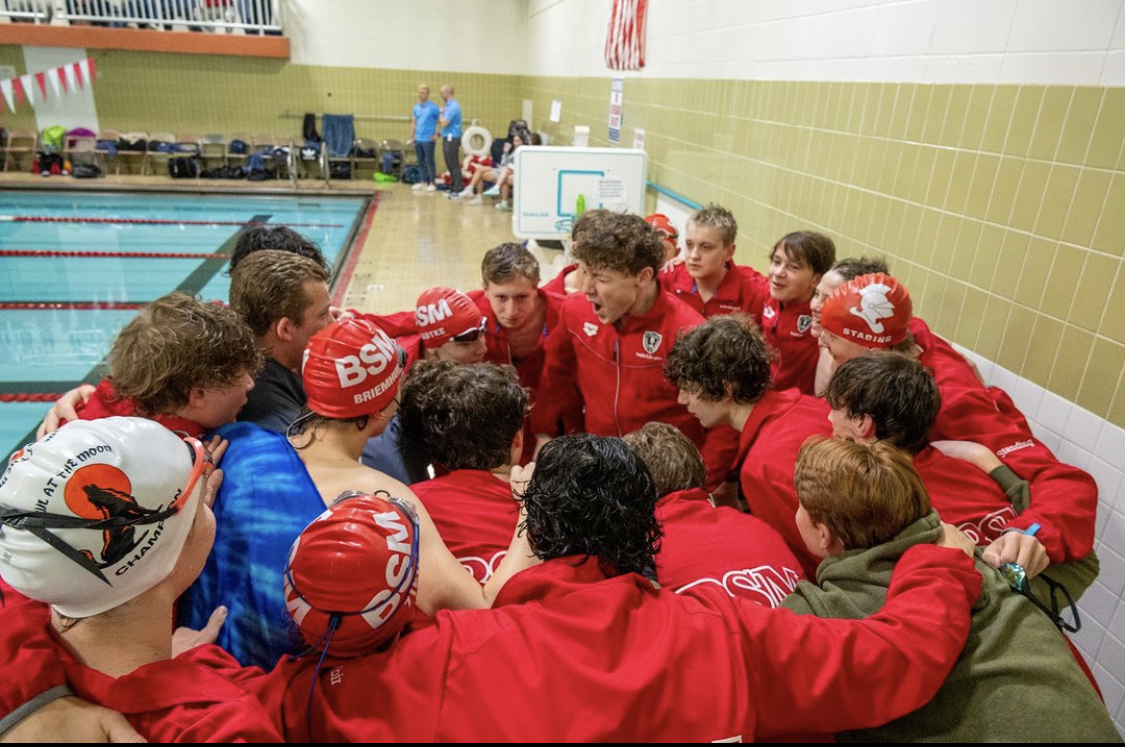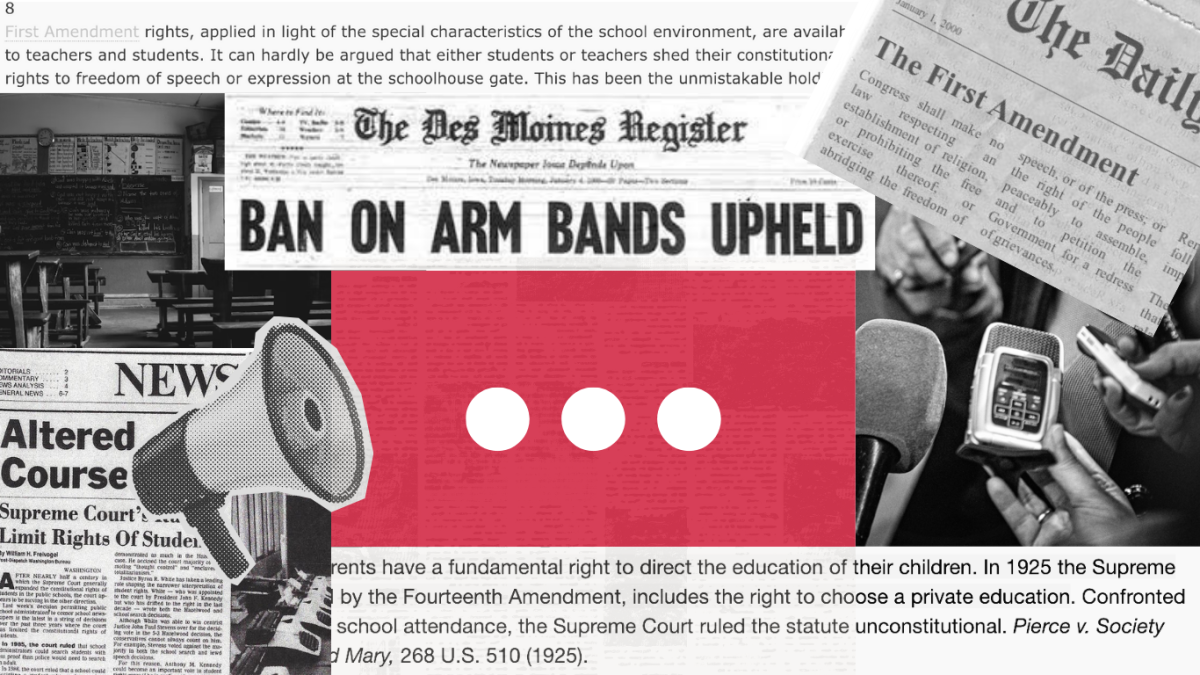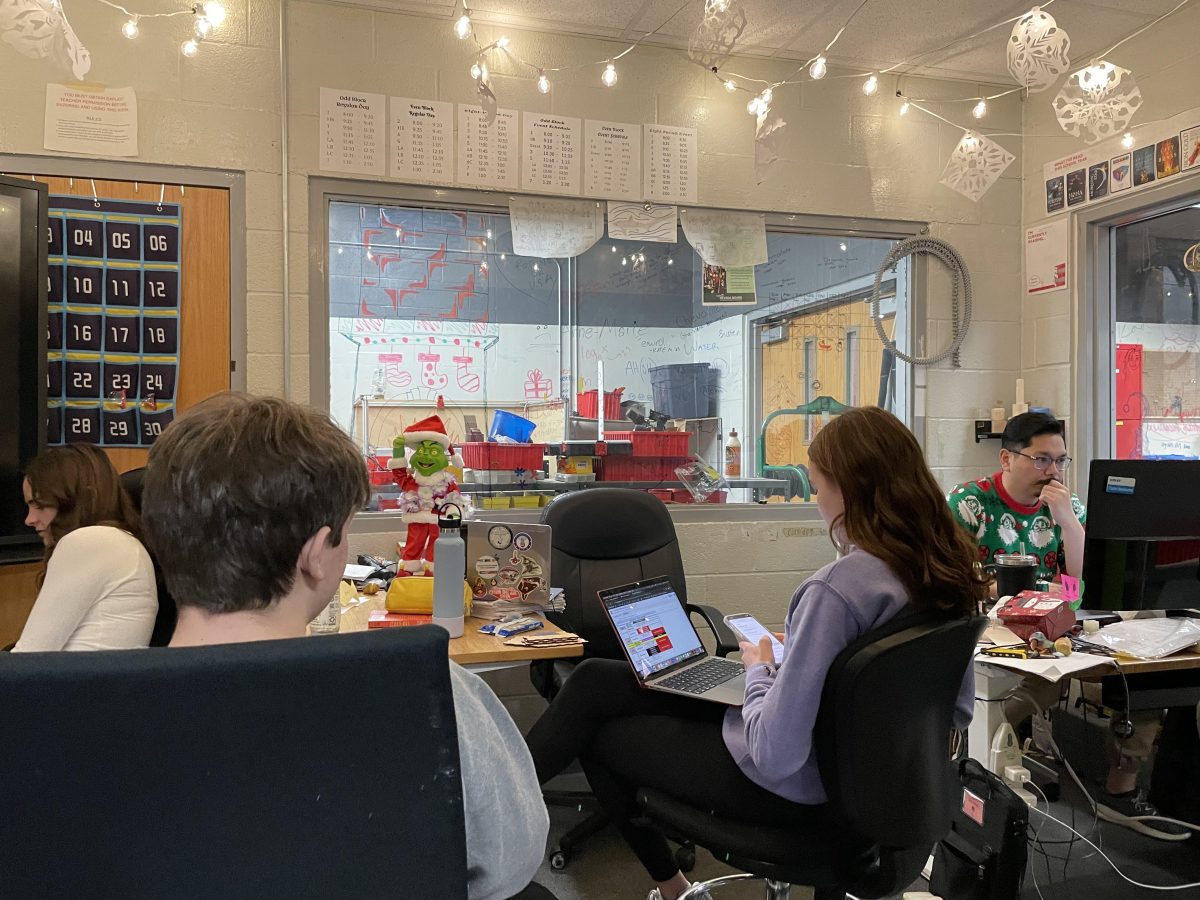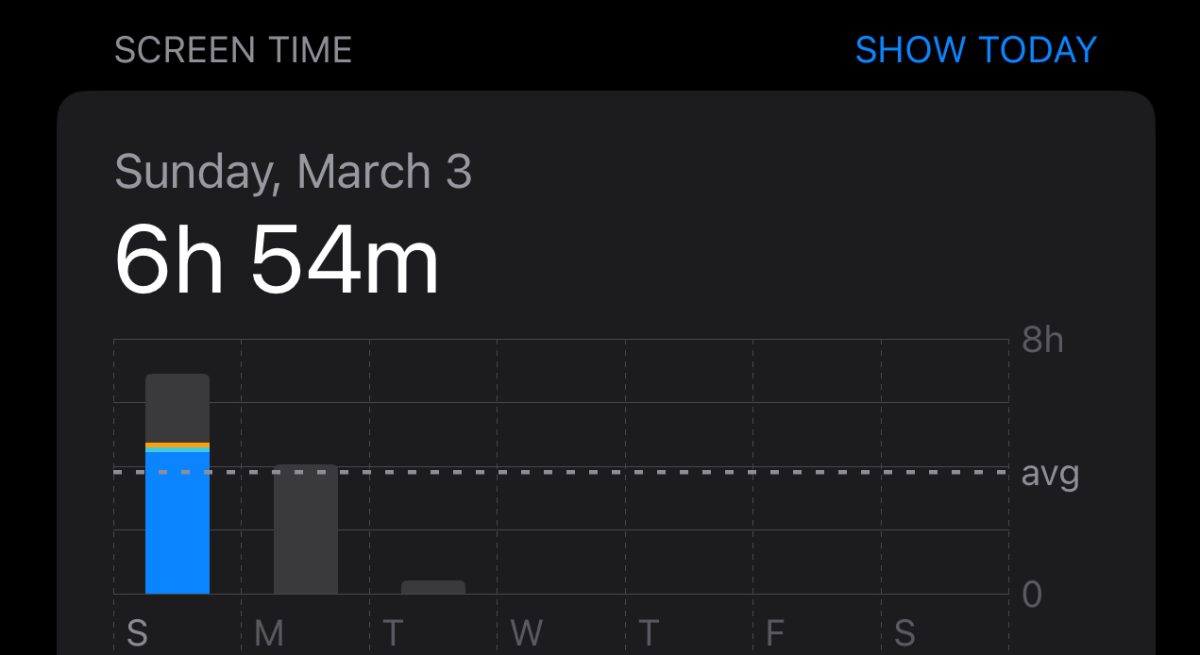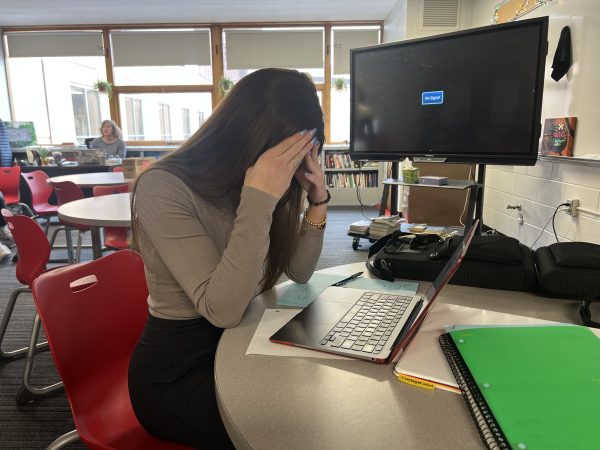Speech and debate should be mandatory classes, not just activities
Speaking and critical thinking skills are mandatory for the 21st century workplace, and should also be mandatory in the 21st century classroom.
All throughout growing up, my parents constantly encouraged me to be engaged in activities and extracurriculars that I was passionate about. Since before I had even entered into high school, I continuously asked myself both what I was passionate about, and what I could do in my high school career that would give me transferable skills for both college and in the workforce.
If we want to ‘walk the walk’ in teaching our kids meaningful life lessons and critical thinking, we need to lay a foundation of communication skills, persuasiveness, and intentional interaction with peers.
— Elizabeth Kupchella
I ran cross country throughout high school and tried out a few other sports as well, and throughout every activity and club I’ve ever joined, I continued to ask myself whether or not what I was doing was something I was both passionate about and could use in the future. Sure, running is considered a lifelong sport, but I’m not sure I genuinely understood what transferable skills were until I joined the speech team.
I didn’t gravitate towards it because I loved the idea of waking up at 5 a.m every single Saturday throughout the speech season, and it wasn’t because I loved giving up my Saturdays, either. It was because, for the first time, I found an activity that pushed me so far out of my comfort zone that I legitimately had no other choice than to learn how to research, articulate, and organize what I had to say into a meaningful and intentional narrative.
This is why clubs like the speech team, which teach critical thinking, interpretation, and expression, shouldn’t be clubs at all—they should be mandatory classes.
The main basis behind this argument roots back to the theme of transferable skills. I can say with confidence that I will not go into a field such as chemistry, and although some of my peers likely will, many classes like these become so analytical and linear that general concepts of science are lost, and the regurgitation of information becomes a definition of success which we measure by percentages.
Some students will go into math, some into science, some into religious-based vocations. Whatever field and career path students choose after high school, it’s an imperative and universal truth that we must be articulate. We must be able to convey our person in such a way that how we interact with others is powerful enough to be the difference between getting the job and losing it.
As adults, sometimes, that is what it comes down to. Confidence, articulation, and the ability to think on the spot are all critical skills to have as a human being—not just an optional advantage for those who seem more outgoing than others.
Why would we make subjects that are options in real life a mandate in high school? Furthermore, why would we make what’s a mandate in real life an option in high school?
— Elizabeth Kupchella
A number of presentations done by our peers that solely consist of reading off powerpoint slides or pre-made notes are exceedingly disappointing. A successful presentation should guide a discussion by an actively thinking presenter—someone who takes from a guiding device such as a powerpoint slide and smoothly translates it into language that’s relatable and interesting for the audience. BSM students are not giving these kinds of presentations. In fact, we’re not really giving presentations at all if what we give to an audience is something they could have easily have gathered on their own.
It’s absolutely mind-boggling to me why we’re teaching students to calculate in-depth trajectories of mass and volume while we legitimately don’t know how to talk to each other. Skills such as communication and persuasion should be taught far before we’re able to calculate indefinite integrals with u-substitution.
You do have the choice whether or not to go into a field of science, mathematics, social studies, or any other field relating to a class that’s mandated at BSM. However, you don’t have the choice to skip communication. You don’t have the choice to skip something such as a job interview. The ability to persuade someone is the kind of communication that results in promotions, personal approachability, and so many more intangible benefits. You will need to vouch for and articulate yourself in the real world because no one will do it for you.
At the end of the day, it comes down to these questions: Why would we make subjects that are options in real life, a mandate in high school? Furthermore, why would we make what’s a mandate in real life, an option in high school?
Therefore, speech and debate should be mandatory classes in high school as opposed to clubs— if we want to ‘walk the walk’ in teaching our kids meaningful life lessons and critical thinking, we need to lay a foundation of communication skills, persuasiveness, and intentional interaction with peers as well as adults. These things are simply not an “option”, and they shouldn’t be in school.

